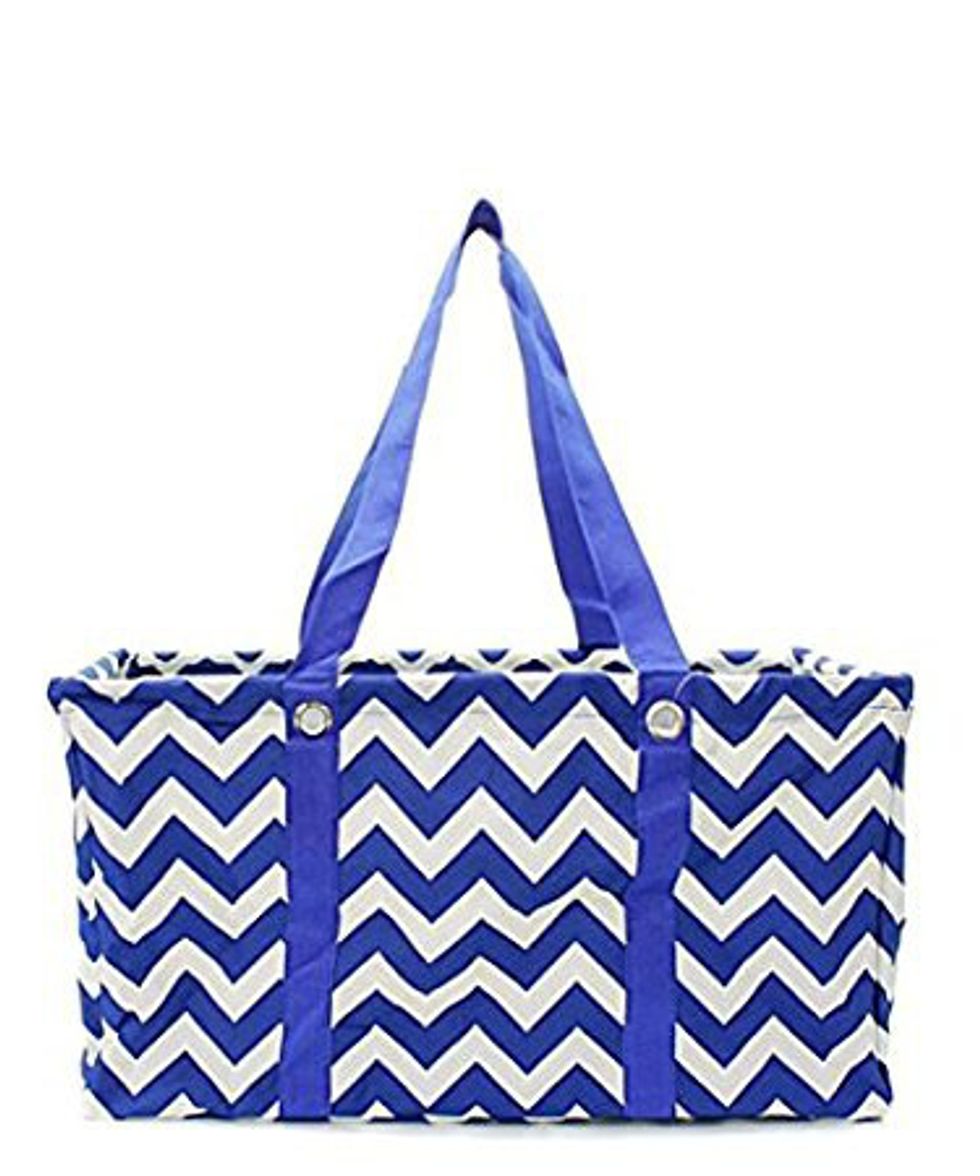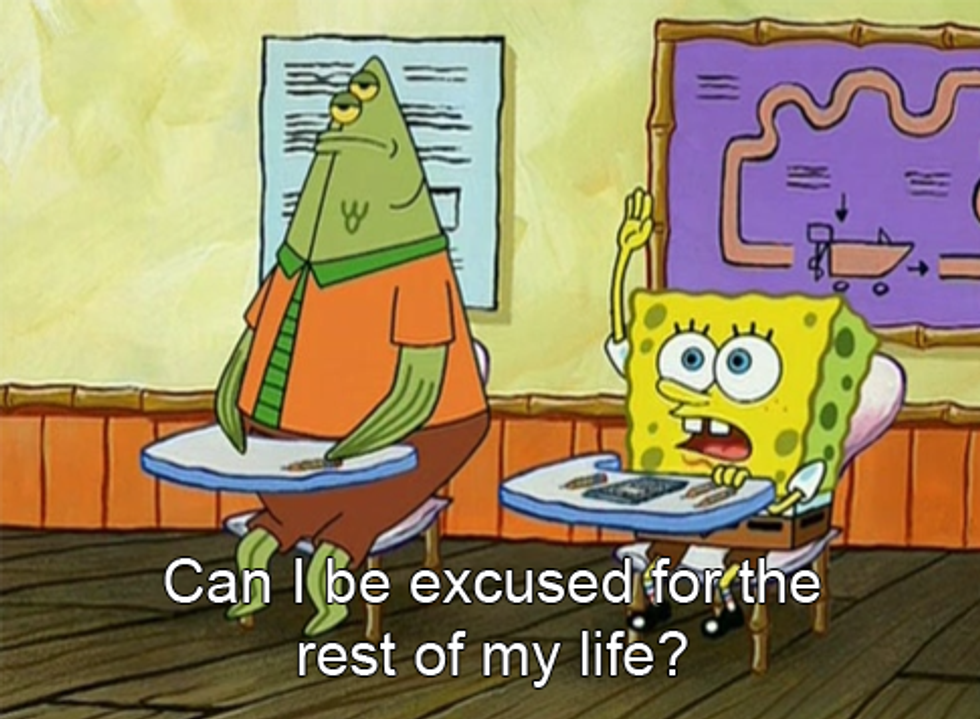On Oct. 15, Ebony magazine revealed their November cover story, which features a shattered-glass image of beloved African-American television family, "The Huxtables." This portrayal is happening in the midst of a Bill Cosby whirlwind, in which the entertainer has been accused of nearly 40 sexual assault allegations with the use of Quaaludes.
The cover has caused an uproar from fans of “The Cosby Show,” who believe the show depicted an upstanding representation of black family life. Ebony notes, "The Cosby Show’s popularity arose during the period of President Ronald Reagan’s detrimental 'War on Drugs,' which resulted in the vilification and incarceration of many African-Americans." As well as Daniel Patrick Moynihan’s report on the black family in America, which held up ideals of the “nuclear family” (the nuclear family being: A mom, dad, son, daughter, dog, house and white picket fence) in contrast to black households which were headed by a single mother.
These ideas are deeply imbedded in heteronormativity and respectability politics, in which those who are marginalized are often taught to behave in a particular way in order to appease those in power, while also ignoring the effects of institutionalized oppression, which has often proven destructive to the black family since slavery (aka the foundation of capitalism) through the separation and violence committed against black mothers, fathers and children and especially in regards to mass incarceration, in which many businesses profit from black and brown prison labor. In this way, many “Cosby” viewers believe that the show helped combat ideas of the fragile black family, by depicting images of a successful, stable, educated two-parent household, raising a respectable family.
Malcolm-Jamal Warner, aka Theo, graced “The View” to speak about his feelings on the now tarnished reputation of the show, which has resulted in the show being pulled off of television networks. The actor states, “when we had images that perpetuate the negative stereotype of people of color, we’ve always had 'The Cosby Show' to hold up against that, and the fact that we no longer have that kind of leaves us not in a great place in terms of having the wide scope of the images of people of color.” As someone who didn’t particularly watch “The Cosby Show,” but enjoyed other black sitcoms, such as “My Wife and Kids,” “Moesha,” “Sister Sister,” “Family Matters,” “The Parkers,” and so forth, I understand the need to have varied representations of black families in the media, because black people are a vast and diverse group, who cannot be represented by a singular story. This article is not about drawing some sort of conclusion, but rather to begin a conversation. What are the purposes of these depictions of black family life? How has the "The Cosby Show" affected your communities? Is it even possible to separate Bill Cosby from Cliff Huxtable? Are the responses/repercussions the same when the person committing a heinous act isn't black?




















